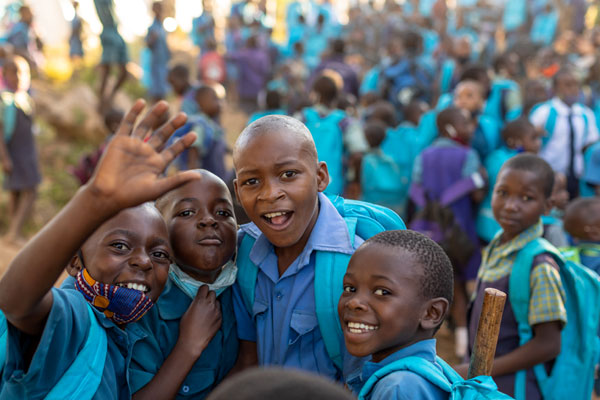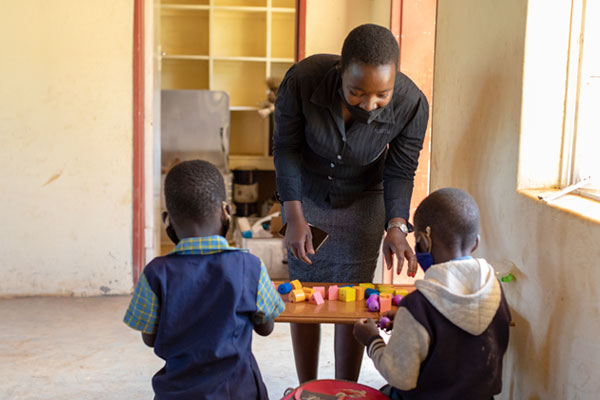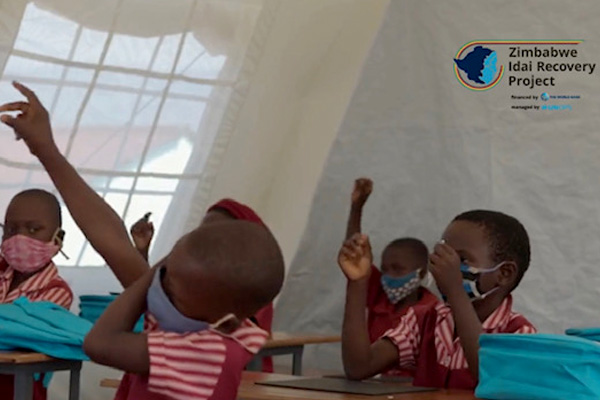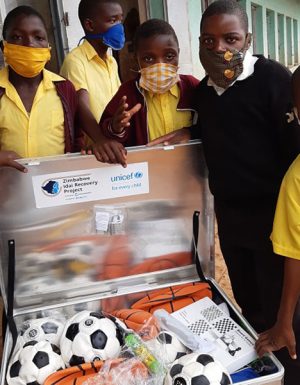Children are impacted significantly by disasters. In order to help them cope, ZIRP intervened to ensure continued quality education by supplying learning and school supplies through UNICEF. Classroom tents were supplied to schools as temporary shelter in light of damaged classroom blocks. UNOPS is rehabilitating and constructing school infrastructure for the cyclone affected communities.
contact@autoser.com
Monday to Saturday
Education
Education
Results as of 31 January 2023
88,516
Students in 134 schools benefited from learning and teaching supplies
64,418
School backpacks distributed
92
Classroom tents distributed
400
Early Childhood Development (ECD) distributed
300
Recreational kits distributed
500
Units of school-in-a-box distributed
Beneficiary Quotes

“I used to walk 2 km to school, carrying my books in a plastic bag used for bread. The others would mock me the whole way. I am very happy that I have this backpack because my mother could not afford to buy one. My bag has given me confidence. I had felt discouraged when the others would laugh at me and the plastic sack I was using. I had even thought about dropping out of school.” Yolanda Bvute, 12, of Marume Primary School.

“We want to thank UNICEF because they gave us teaching and learning materials to use in class. We cannot afford these things, even the parents cannot afford to buy the toys. We were given boards for children to write on, we used to teach them to write their names on the floor but now children are learning to write on these boards. We were given an adequate number of boards, in fact, the boards outnumber our children,” Bumba Primary School teacher

“The engineers came here concerning the mapping of the school in the first place as they wanted to fence the school because we always have problems with neighbours with boundaries. They also took soil samples to determine the type of buildings to put in this cyclone prone area,” Kushinga Primary School Head

“We are thrilled at the opportunity to work with UNOPS in its Cyclone Idai recovery program for Manicaland, by designing safe, resilient educational and healthcare facilities with the hope of improving access and quality of life for various communities in need,’’ Kunlé Adeyemi, the founder of NLÉ
